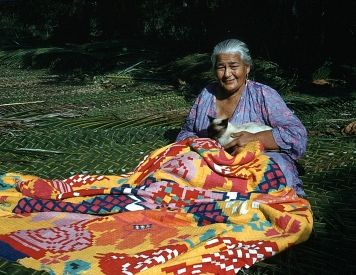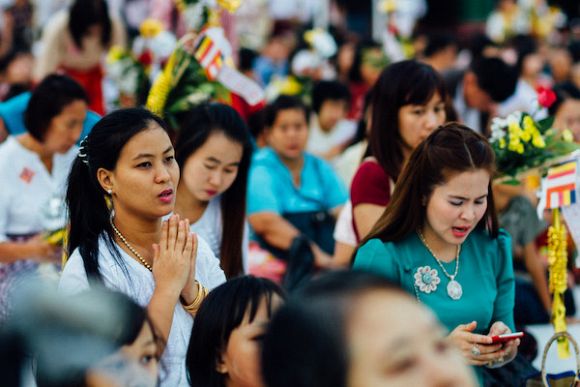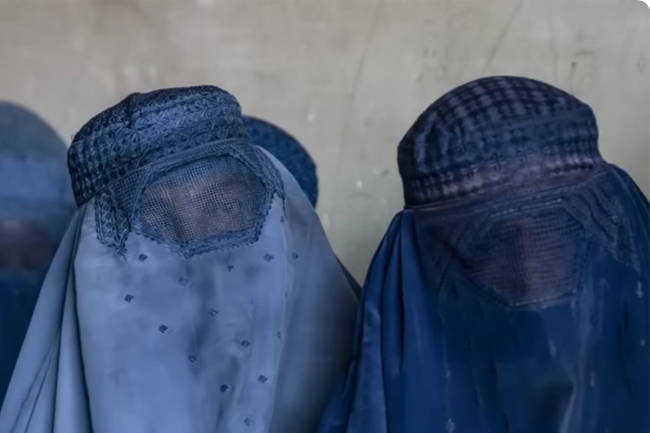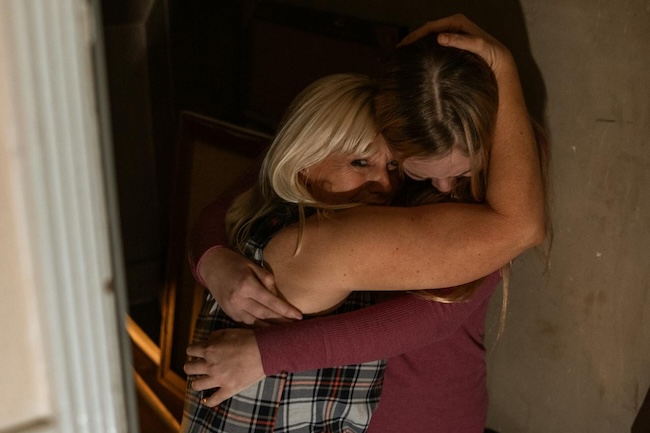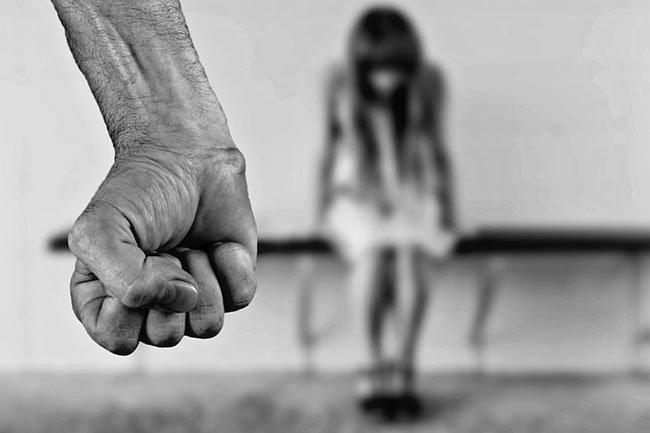Bride kidnapping, the horrific practice of abducting women into marriage, still takes place in regions of the world and is an affront to human rights, writes Johanna Higgs.
THE SMALL and very dusty town of Murghab, Tajikistan, is snuggled inside the Pamir Mountains where the Pamir Highway crosses the Bartang river. It’s remote, dusty and cold. Most of the local population are ethnic Kyrgyzs and live mostly in houses made of mud-brick and whitewash. Remnants of its Soviet past remain and the surroundings are barren and windswept, with yaks and sheep grazing along the river banks. The climate is harsh and unpredictable.
As a woman travelling alone through the region, I was astoundingly uncomfortable. The men were lecherous and rude and each time I stepped out into public felt like running a gauntlet of sleaze. I felt the harshness of life for women and the difficulties that they must endure living in this part of the world. I was only passing through and it felt unbearable.
Indeed, violence and discrimination against women is a hidden epidemic in Tajikistan, a country where many women live in fear of their husbands and relatives. From beatings and rapes to forced marriages, women face a range of abuses that violate their human rights and dignity.
Yet, like in far too much of the world, many women remain silent and suffer in isolation, as the society and the state fail to protect them and hold the perpetrators accountable.
It was for this reason that I had come to Tajikistan, to learn more about the situation of violence against women within the country as part of my global quest to generate more attention to violence and discrimination against women and girls.
In Tajikistan, while it was clear that the situation for women and girls was far from perfect, one of the more unique horrors in this part of the world is bride kidnapping.
Bride kidnapping has been practised around the world and throughout history, however, has been the most common in the Caucasus and Central Asia. In some cases, the woman accepts the kidnapping but in most cases, it is a form of forced marriage and is a sex crime.
One of the countries where bride kidnapping is the most prevalent is Kyrgyzstan, where it is believed that one in three marriages begins with a kidnapping. There, bride kidnapping is known as “ala kachuu”, which translates to “to take and run away”. It became illegal in 1994, however, the practice continues today. Some Kyrgyz people see bride kidnapping as a harmless tradition while others reject it as a violation of women’s rights.
In Tajikistan, the practice has various forms and motivations, ranging from rape and violence to tradition and romance. Some of the factors that contribute to the persistence of bride kidnapping include cultural norms that favour male dominance and honour, the economic difficulties that make marriage expensive, and the lack of legal and social protection for the victims.
Wanting to know more, I wandered down to the middle of the town where a long row of old container-style buildings were set up as a makeshift market.
I sat down with a Kyrgyz woman who explained it to me:
In Murghab, there are Kyrgyz and Pamir people; Kyrgyz people have this tradition of bride kidnapping. It happens sometimes now but not as much as before. It’s very bad and women worry that they will be stolen by someone. It would normally happen to girls of 18 to 22, if a guy wants to get married, he will just steal the girl.
It’s happening less and less, most of the people don’t accept it. Though six months ago a woman was stolen.
A report by Human Rights Watch found that at least 20 per cent of women in Tajikistan have been kidnapped for marriage. The report also states that only 1 per cent of victims file complaints with the authorities and only four cases have resulted in convictions between 2014 and 2018. The United Nations Office on Drugs and Crime (UNODC), in 2019, reported that there were 1,021 reported cases of kidnapping in Kyrgyzstan, 1,005 in Kazakhstan, 1,000 in Uzbekistan and 100 in Tajikistan.
The roots of the problem lie in the unequal attitudes between men and women. According to a report by the Asian Development Bank, Tajik women face many challenges and disadvantages in terms of access to education, health care, employment, decision making and legal protection. They also face cultural and religious norms that restrict their mobility and autonomy and often subordinate them to their male relatives.
The Kyrgyz woman explained:
“For the women in the villages, they may have problems with their husbands hitting their wives. I think in some families it’s a problem, where husbands are drunk. If the husband is educated I think it is better.”
Bride kidnapping in Tajikistan can also be linked to unequal attitudes towards virginity, which is seen as a sign of purity and honour for women, but not for men. Many Tajik men expect their brides to be virgins on their wedding night and may subject them to virginity tests or demand proof of blood on the sheets. If a woman fails to meet these expectations, she may face rejection, violence or divorce from her husband and his family as well as stigma, shame or ostracism from her own family and community. Such attitudes pressure women to stay in these forced marriages.
The Kyrgyz woman told me:
Before, a girl’s value was based on her virginity but now things are changing and the girl should stay with the man who stole her because of her reputation. Things are changing and it's different from five years ago.
I think that if the girl can get an education then everything will change. In some families, there is no equality because just the husband is working and if the woman is working and is educated then she will stand up for her rights more.
Bride kidnapping is a degrading practice that reduces women to mere commodities that can be stolen and possessed by men. It shows a lack of respect and appreciation for women’s individuality, personality and agency. It also reinforces the patriarchal notion that women are inferior and subordinate to men, and that their value depends on their marital status.
Ultimately, bride kidnapping is not a sign of love or devotion, but a manifestation of extreme sexism and oppression.
Johanna Higgs is an anthropologist and founder of Project MonMa, which advocates for women’s rights around the world.
 This work is licensed under a Creative Commons Attribution-NonCommercial-NoDerivs 3.0 Australia License
This work is licensed under a Creative Commons Attribution-NonCommercial-NoDerivs 3.0 Australia License
Support independent journalism Subscribe to IA.





